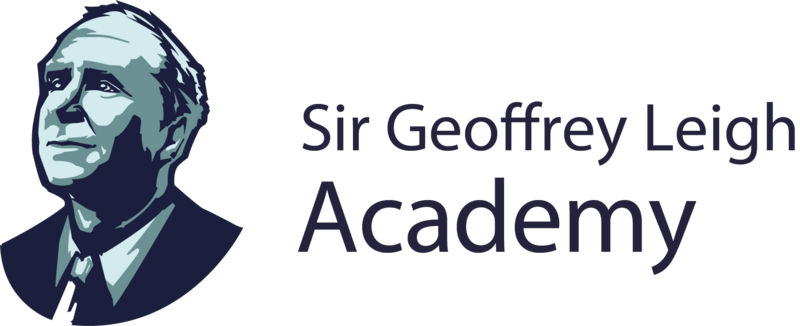
At the core of the IB psychology course is an introduction to three different approaches to understanding behaviour: the biological, cognitive and sociocultural approaches. Students study and critically evaluate the knowledge, concepts, theories and research that have developed the understanding in these fields. The aims of the psychology course at SL are to: - develop an understanding of the biological, cognitive and sociocultural factors affecting mental processes and behaviour - apply an understanding of the biological, cognitive and sociocultural factors affecting mental processes and behaviour to at least one applied area of study - understand diverse methods of inquiry - understand the importance of ethical practice in psychological research in general and observe ethical practice in their own inquiries - ensure that ethical practices are upheld in all psychological inquiry and discussion - develop an awareness of how psychological research can be applied to address real-world problems and promote positive change - provide students with a basis for further study, work and leisure through the use of an additional language - foster curiosity, creativity and a lifelong enjoyment of language learning
External Assessment: 75% Internal Assessment: 25% By the end of the psychology course at SL, students will be expected to demonstrate the following. 1. Knowledge and comprehension of specified content Demonstrate knowledge and comprehension of: - key terms and concepts in psychology - a range of psychological theories and studies - the biological, cognitive and sociocultural approaches to mental processes and behaviour - research methods used in psychology. 2. Application and analysis Demonstrate an ability to use examples of psychological research and psychological concepts to formulate an argument in response to a specific question. Demonstrate application and analysis of: - a range of psychological theories and research studies - the knowledge relevant to areas of applied psychology. 3. Synthesis and evaluation Evaluate the contribution of: - psychological theories to understanding human psychology - research to understanding human psychology - the theories and research in areas of applied psychology.
About Education Provider
| Region | South East |
| Local Authority | Kent |
| Ofsted Rating | Good |
| Gender Type | Co-Educational |
| Address | Green Street Green Road, Dartford, DA1 1QE |
At the core of the IB psychology course is an introduction to three different approaches to understanding behaviour: the biological, cognitive and sociocultural approaches. Students study and critically evaluate the knowledge, concepts, theories and research that have developed the understanding in these fields. The aims of the psychology course at SL are to: - develop an understanding of the biological, cognitive and sociocultural factors affecting mental processes and behaviour - apply an understanding of the biological, cognitive and sociocultural factors affecting mental processes and behaviour to at least one applied area of study - understand diverse methods of inquiry - understand the importance of ethical practice in psychological research in general and observe ethical practice in their own inquiries - ensure that ethical practices are upheld in all psychological inquiry and discussion - develop an awareness of how psychological research can be applied to address real-world problems and promote positive change - provide students with a basis for further study, work and leisure through the use of an additional language - foster curiosity, creativity and a lifelong enjoyment of language learning
External Assessment: 75% Internal Assessment: 25% By the end of the psychology course at SL, students will be expected to demonstrate the following. 1. Knowledge and comprehension of specified content Demonstrate knowledge and comprehension of: - key terms and concepts in psychology - a range of psychological theories and studies - the biological, cognitive and sociocultural approaches to mental processes and behaviour - research methods used in psychology. 2. Application and analysis Demonstrate an ability to use examples of psychological research and psychological concepts to formulate an argument in response to a specific question. Demonstrate application and analysis of: - a range of psychological theories and research studies - the knowledge relevant to areas of applied psychology. 3. Synthesis and evaluation Evaluate the contribution of: - psychological theories to understanding human psychology - research to understanding human psychology - the theories and research in areas of applied psychology.